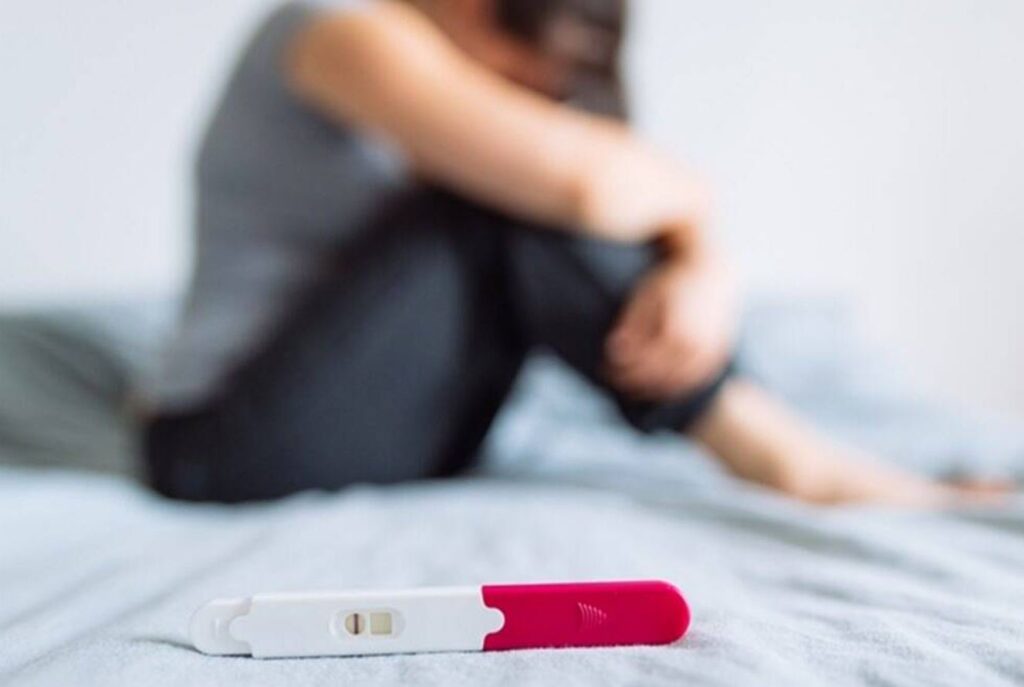Those on an infertility journey are accompanied by no one else but the silent grief of loss that fills up their whole existence.
Even if one tries, there is no avoiding the suffering as you get drowned in the murmurs of “everything would be fine” and “you can always adopt”, while trying your best to hide those tears that start welling up in your eyes at the sight of a pregnant lady.
Coping Up with an Uncontrollable Tragedy
It’s normal for couples who’re unable to conceive, or are grieving the death of an unborn child, to develop feelings of intense sadness accompanied with a sense of emptiness and the pain of not being able to control the unfortunate circumstances.
These feelings further develop into depression for many, while others may suffer from an inability to focus, irritability, and loss of pleasure.
Many a times, the grief of a miscarriage is not acknowledged by society and the suffering couple is left alone – trying to fathom what may have gone wrong.
On the other hand, issues such as impotency and the inability to conceive are often left undiscussed owing to the societal pressure and social stigma attached to infertility. Hence, leaving the sufferers with an inability to validate the importance of their loss, share feelings, or receive any real support.
Validating and honouring your loss – whether you’ve lost a baby who hadn’t been born yet, one who hadn’t lived for more than a week, or the potential of conceiving a child ever – is an important part of the grieving process.
Don’t let people tell you that your loss, pain, and trauma is in any way unreal or insignificant. Because only through grieving can you process things and start healing.
In case you find yourself stuck in a tornado of chronic depression, access your creative outlets for relieving stress and don’t hesitate to contact a therapist.
